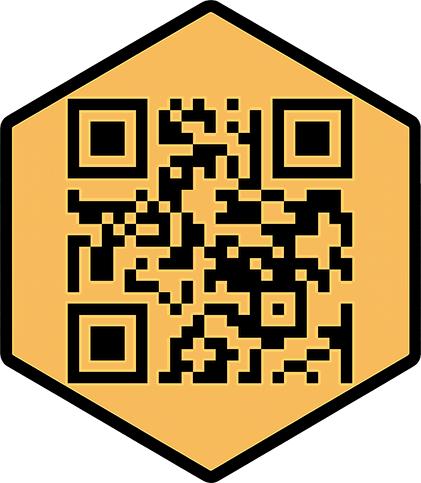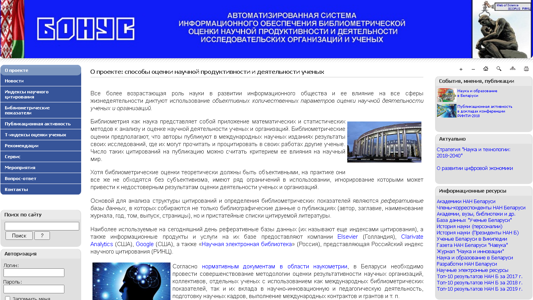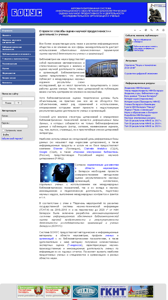 Автоматизированная система информационного обеспечения библиометрической оценки научной продуктивности и деятельности исследовательских организаций и ученых (БОНУС)
Автоматизированная система информационного обеспечения библиометрической оценки научной продуктивности и деятельности исследовательских организаций и ученых (БОНУС)
Сайт: bonus.basnet.by — → bonus.basnet.by
| Название / Заголовок | Автоматизированная система информационного обеспечения библиометрической оценки научной продуктивности и деятельности исследовательских организаций и ученых (БОНУС) |
|---|---|
| Обновлено | 2025-10-02 18:07:33.314399+00 |
| IP адрес | 80.94.164.181 |
| Проверка IP | 2025-10-02 18:07:28.739984+00 |
| SEO-описание | Научно-Методическое обеспечение развития информатизации в Беларуси |
| AI-анализ | This online resource, titled 'Автоматизированная система информационного обеспечения библиометрической оценки научной проductivity and деятельности исследовательских организаций и ученых (БОНУС)', is a scientific and methodological support for the development of informatization in Belarus. The website provides various services and indices related to scientific citation and productivity evaluation for researchers and research organizations in Belarus. It offers indices from companies such as Elsevier, Clarivate Analytics, and NEB, as well as Google Scholar. The website also includes bibliometric indicators, author identifiers, DOI registration for scientific information, and various methods for calculating indices. The resource focuses on publication activity, evaluation of researchers and organizations, and provides ratings and dynamics of publications in the republic. It also offers recommendations for increasing publication activity and guidelines |
| Ключевые слова | Keywords |
| SEO-лексика | ученых беларуси нан оценки организаций услуги индекс научной деятельности цитирования публикационная активность научных наука компании библиометрические информации библиометрических науки информационного |
| Безопасность | hsts: ❌, csp: ❌, x_frame: ✅, x_content_type: ❌, re...hsts: ❌, csp: ❌, x_frame: ✅, x_content_type: ❌, referrer_policy: ❌ |
| Доступность | basic: {"missing_alts":10,"empty_links":10}, exten...basic: {"missing_alts":10,"empty_links":10}, extended: {"missing_alts":10,"empty_links":10,"aria_attributes":0} |
| Технологии сайта | Bitrix, PHP, jQuery |
| Кодировка | utf-8 |
| AI-качество | 1 |
| Robots.txt | Открыть robots.txtUser-Agent: * Sitemap: http://bonus.basnet.by/ Disallow: /bitrix/ Disallow: /*show_include_exec_time= Disallow: /*show_page_exec_time= Disallow: /*show_sql_stat= Disallow: /*bitrix_include_areas= Disallow: /*clear_cache= Disallow: /*clear_cache_session= Disallow: /*ADD_TO_COMPARE_LIST Disallow: /*ORDER_BY Disallow: /*PAGEN Disallow: /*?print= Disallow: /*&print= Disallow: /*print_course= Disallow: /*?action= Disallow: /*&action= Disallow: /*register= Disallow: /*forgot_password |
| Sitemap | ✅ Есть |
| QR / Короткая ссылка |  niti.by/oiLf |

